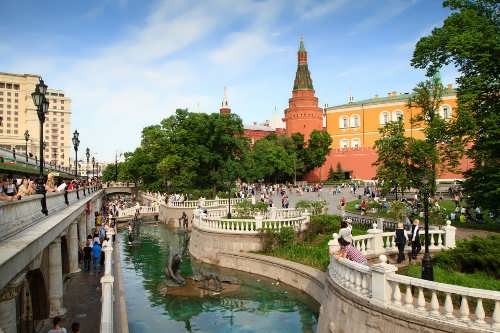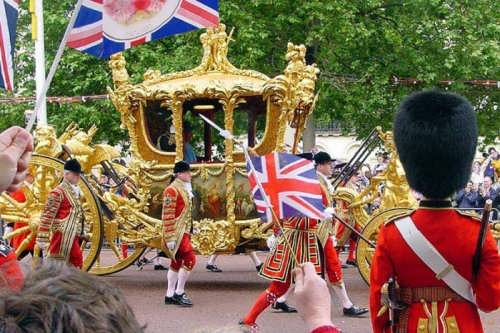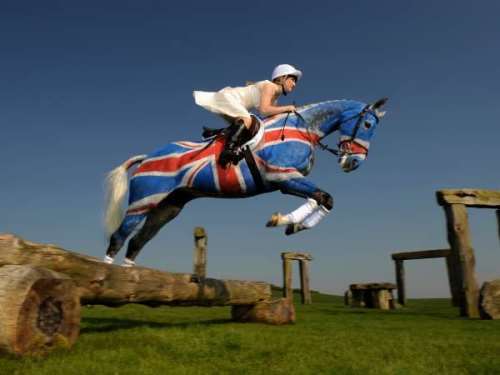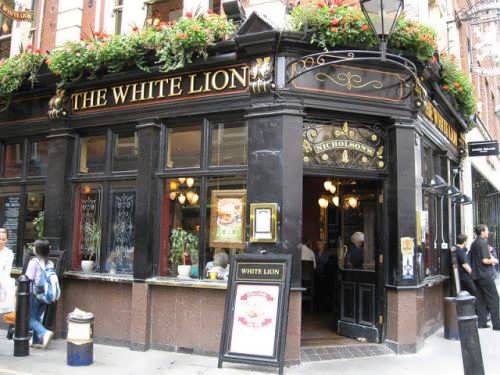Happy Birthday, America!
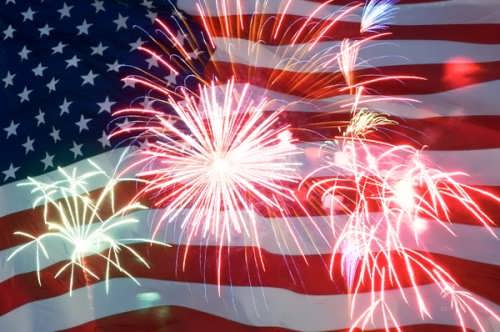
Independence Day is the most important American holiday. United States of America were born on July 4, 1776 when the Declaration of Independence was signed and America started the fight for freedom from British rule.
Before this date, the King of England, George III, ruled the thirteen colonies in America.
In 1767, the British government placed new taxes on tea and paper that the colonists imported from abroad. The colorists got angry and refused to pay. George III sent soldiers to keep order.
In 1772, a group of colonists dressed up as Indians threw 542 chests of tea belonging to the East India Company into the waters of Boston harbor – it was so called Boston tea party. King George didn’t think it was funny and closed Boston harbor until the tea was paid for.
More »


